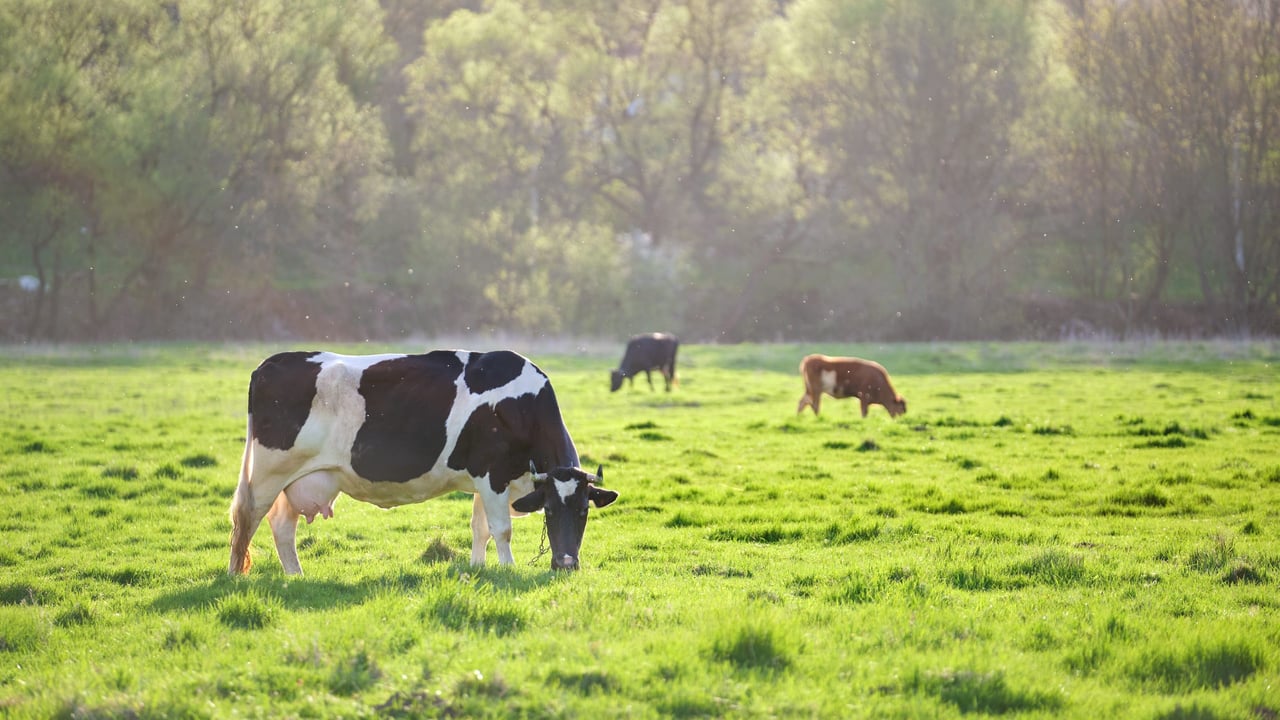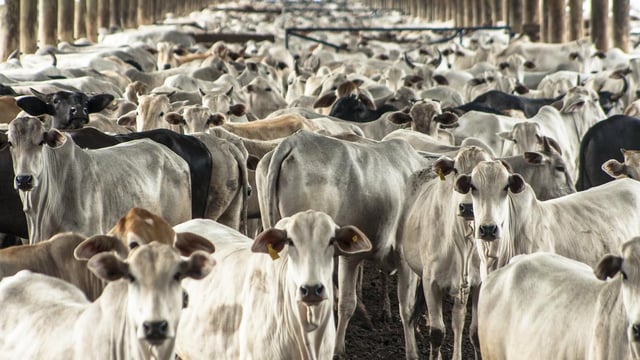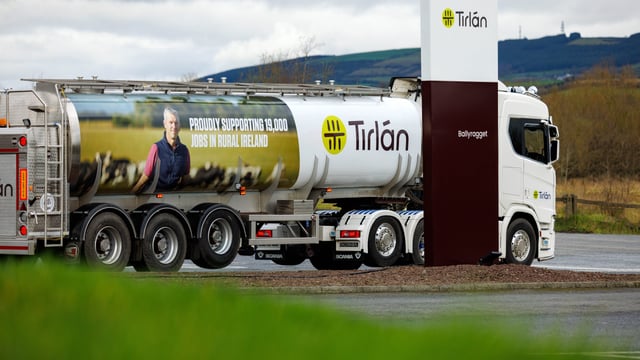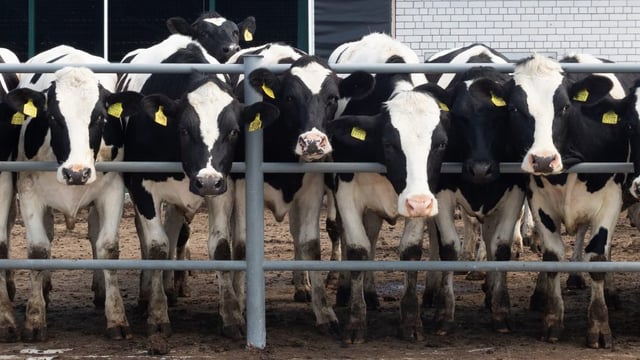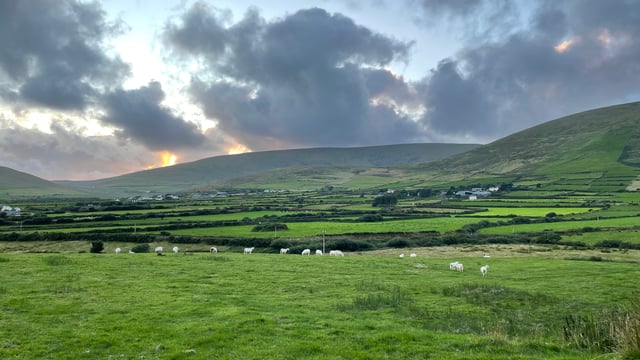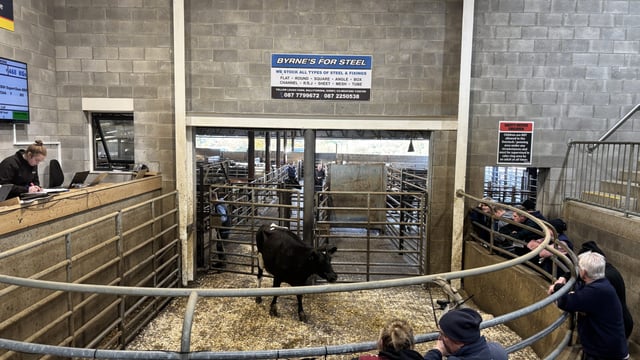IFA and MII part of global call for split-gas GHG emissions reporting
Beef and Lamb New Zealand (B+LNZ) is leading a call by global agricultural organisations for countries to take a split-gas approach when reporting greenhouse gas (GHG) emissions.
Over 30 organisations across 14 countries, as well as several multi-national organisations, have joined the call with a clear message to their governments and the UN Framework Convention on Climate Change (UNFCCC) that methane is different to long lived gases and reporting metrics must recognise that.
The organisations include the Irish Farmers' Association (IFA) and Meat Industry Ireland (MII).
Emissions
B+LNZ chair Kate Acland says the joint call builds on growing international momentum for "more accurate and fair climate reporting".
"B+LNZ has taken the lead to build the international consensus on the need to follow a split-gas approach when reporting greenhouse gases from agriculture.
"This is the culmination of more than four years of effort in building these global conversations, so we’re delighted to achieve this level of support for the joint statement," she said.
Acland said the importance of a united position from agricultural producing nations on climate change metrics and emissions targets was a major subject of conversation during her visit to Ireland, the UK and the US in May.
"New Zealand already has split-gas domestic targets, and B+LNZ has long advocated for this science-based approach to be replicated internationally.
"This would make it clear where emission reductions are expected, and in the case of methane, in what sector," she said.
Split-gas approach
Acland said that "bundling all emissions" into a single GWP100 metric (Global Warming Potential over a 100-year time horizon) "hides the real story".
"It ignores the different warming effects of short- and long-lived gases and makes it impossible to see what countries are actually planning to emit or reduce.
“The use of GWP100 is particularly concerning in the New Zealand setting where methane emissions are already reducing.
“GWP100, which works well for long-lived gases like carbon dioxide, is inaccurate when measuring the warming impact of short-lived gases such as methane, especially when those emissions are trending down.
"The global alignment of industry groups and other countries gives the call more weight," she added.
Farm organisations
The international joint statement is signed by agricultural organisations from Argentina, Australia, Cambodia, Canada, Colombia, Georgia, India, Ireland, Kenya, New Zealand, South Africa, the UK, the US, and Uruguay.
It calls on parties to the UNFCCC to use a split-gas approach in their Nationally Determined Contributions (NDCs) under the Paris Agreement.
The statement outlines that “the current practice of using GWP100 to report NDCs creates ambiguity by obscuring the warming impacts of the different gases".
"The science is clear: emissions of long-lived gases must reach net zero to prevent further warming.
"In contrast, emissions of short-lived gases like biogenic methane only need to decline gradually to have the same effect.
"This fundamental difference needs to be recognised in climate policy, and adopting a split-gas approach is the most effective way to do so," the document stated.
The statement also notes that a split-gas approach does not restrict ambition.
"Ambitious mitigation approaches for both long-lived and short-lived GHGs are possible with a split-gas approach.
"Instead, it focuses policy on the warming impact of the gases and therefore on the warming impact between sectors," it said.

